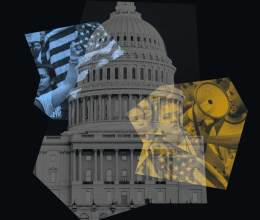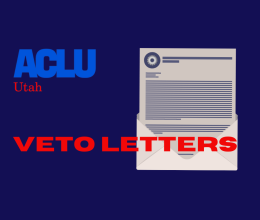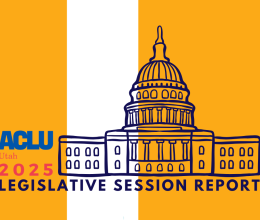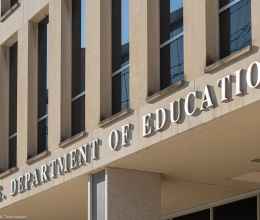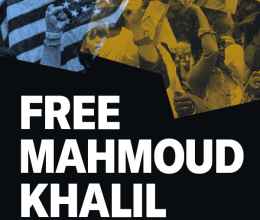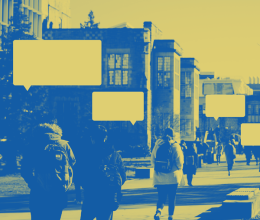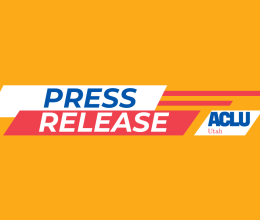
Book bans are nothing new. Throughout history, certain books have faced unwarranted criticism for their content, mainly works by and about people of color, the LGBTQ community, and other marginalized groups. As censorship of discussions about race, gender identity, and sexual orientation continues happening in schools right here in Utah, books on the same topics are targets for challenges and bans in public schools and libraries.
In 2022, Utah passed HB 374, which prohibits books containing “pornographic or indecent content” from K-12 libraries and classrooms. Since its implementation, numerous complaints have been raised, resulting in the removal of hundreds of books, primarily those written by Black, Indigenous, and LGBTQ+ writers, from public schools.
During the 2024 General Legislative Session, legislators capitalized on increased polarization and localized alarmism, introducing and passing HB 29, which allows parents, students, and school staff to bring challenges against books and other instructional materials in public schools and libraries. The particularly problematic part of this law automatically bans books statewide if deemed “sensitive” by any three school districts across Utah or two school districts plus five charter schools. In other words, a book could be banned across Utah with very little recourse if a few school districts find it “sensitive.”
These laws foster an environment where educators self-censor due to fear of retaliation, barring students from exposure to broader perspectives that equip them to navigate an increasingly diverse world. This creates a chilling effect in our public schools. While legislators may claim to be “protecting youth,” their actions undermine the well-being of kids by promoting viewpoint-based discrimination that makes it clear that only certain identities and histories are valued. Young people must see themselves and their experiences reflected in their classrooms, books, and educational materials.
How are we building power through "Let Utah Read"?
Leading up to the 2023 General Legislative Session, the ACLU of Utah, PEN America, EveryLibrary, and the Utah Library Association initiated discussions to unite in fighting book banning and classroom censorship, ultimately forming the Let Utah Read coalition. In 2024, the League of Utah Writers also joined the coalition.
During the 2024 General Legislative Session, the LUR Coalition successfully lobbied against HB 417, a proposed bill that would have imposed criminal penalties on teachers, school librarians, and other school staff who allow students access to “sensitive materials.” The bill would have mandated that all materials available to school students be “the least sexualized, violent, or vulgar material that communicates” the required principles. The LUR Coalition highlighted the issues with this bill, and fortunately, the bill died in committee.
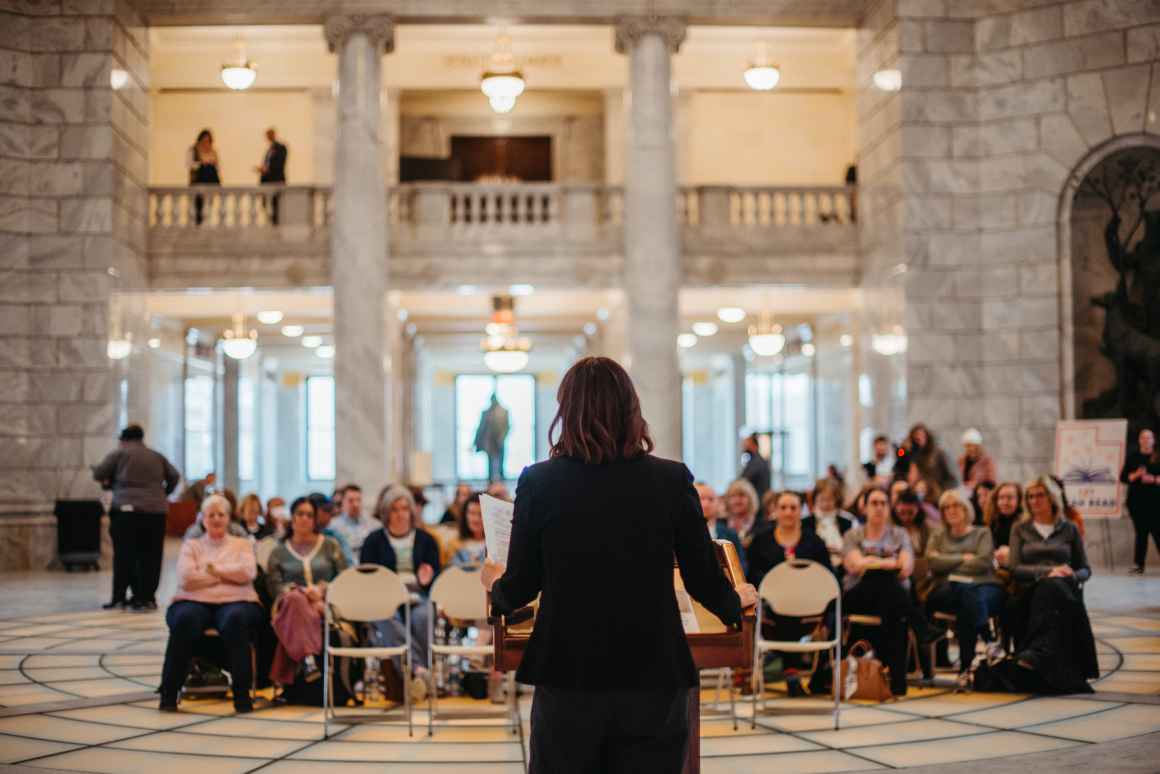
Picture: “Read-in at the Capitol," we have engaged hundreds of Utahns. The first “Read-in" was hosted during the 2023 Legislative Session and again in 2024, giving teachers, librarians, students, parents, and First Amendment lovers a chance to gather at the Capitol to fight censorship and celebrate the freedom to read.
Contrary to these laws, which seek to eliminate access to various materials and diverse viewpoints, most Utahns believe that libraries should encompass diverse viewpoints. Once people become aware of book banning in Utah, many express interest in taking action to stop it. We plan to continue educating people throughout Utah and challenging existing laws. We are building power with librarians and teachers because they are trained and best equipped to determine the materials that allow children and teens to read and learn about various people, places, and ideas.
